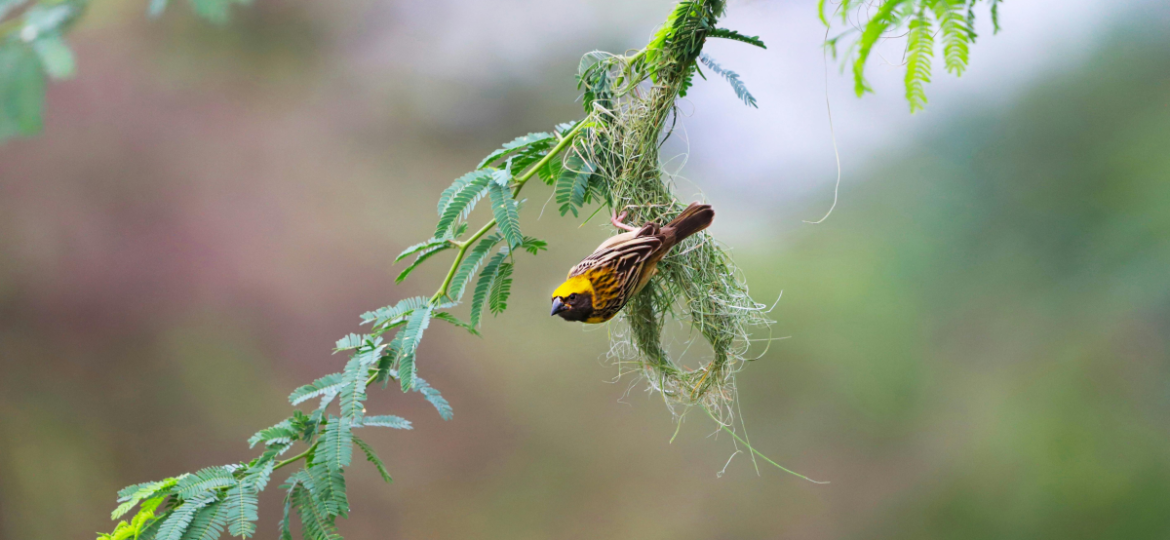Each year, International Day for Biological Diversity invites us to pause and reflect on the intricate web of life that sustains our planet. The 2025 theme, “Harmony with Nature and Sustainable Development”, could not be more timely or urgent for Africa.
Duncan MacFadyen
Oppenheimer Generations Research and Conservation (OGRC) supports a stronger, louder voice from Africa, and through its partners, has developed key programmes focussed on addressing and mitigating climate change.
The annual Oppenheimer Research Conference (ORC) has become recognised as a space for showcasing and discussing natural and environmental sciences, conservation, and sustainable development in Africa.
South Africa is famous for wildlife conservation and is recognized as a global leader in the management of wildlife resources, considered number three in the world in terms of biodiversity conservation. This has been achieved through the hard work of active management and careful intervention.
COP27 will go down in history as the African IMPLEMENTATION COP. Duncan MacFadyen, head of Oppenheimer Generations Research and Conservation, draws out some climate change lessons after attending COP27.
The world looks to COP27 to negotiate our future against a ticking clock. With the event taking place on African soil this year, this is a valuable opportunity to gain climate wins for the continent. The
A study reported by the BBC earlier this year found that of the 100 most cited climate research papers over the past five years, fewer than 1% of the authors were based in Africa, and of the total 1 300 scientists involved, 90% were affiliated with academic institutions from North America, Europe or Australia.
The University of Pretoria has commemorated two research chairs funded by the Oppenheimer Generations Research & Conservation and the Benjamin Raymond Oppenheimer Trust (BRO Trust). The University’s partnership with Nicky, Strilli and Jonathan Oppenheimer to promote underfunded research areas has resulted in one research chair in non-invasive wildlife research and another in molecular archaeology receiving funding.
Says Clements, “A continuous decline in species along with a loss of habitat negatively affects the potential for biodiversity to sustain itself and human well-being. So the question is, how does Africa support socio-economic growth yet still conserve the natural resources on which it depends?”












